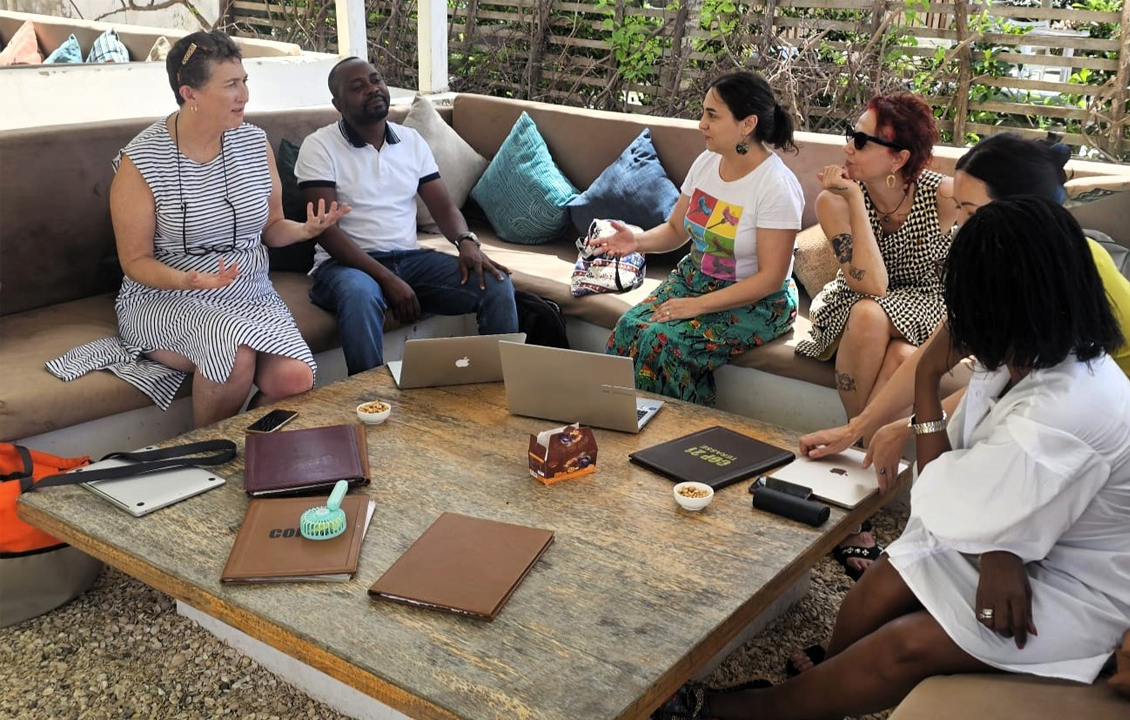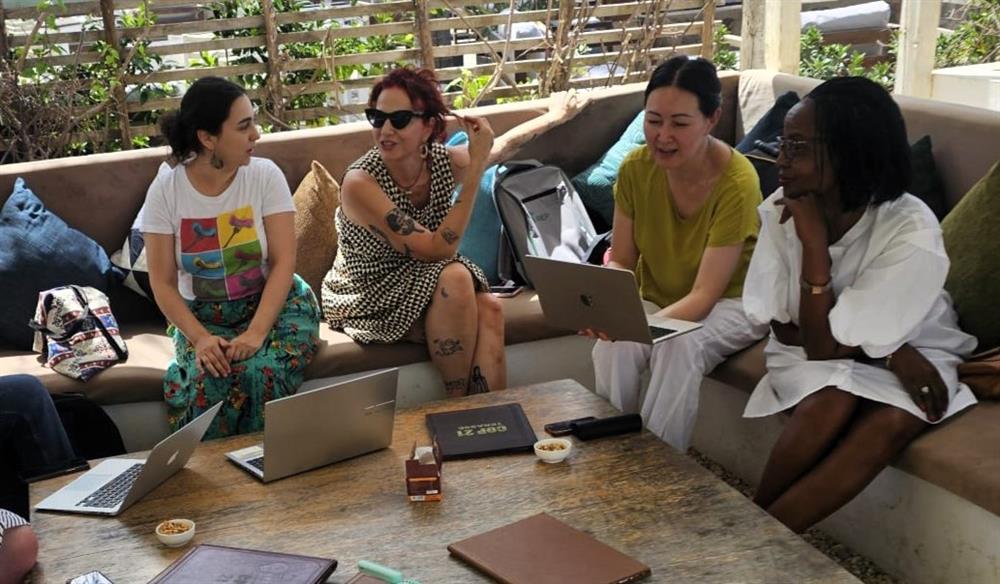
The PAS Center will provide technical assistance to 18 organizations from Asia, Africa, and South America within the "Community Pulse" capacity assessment program. The organization was selected by the Global Fund as a technical assistance provider in organizational development to improve service delivery capacities at the community level. The Center's experts will assist organizations formed or led by people affected by HIV, TB, or malaria from Belize, Bolivia, Suriname, Indonesia, the Philippines, Ethiopia, and Zambia.
"Throughout its over 20-year history, the PAS Center has become a partner of the Global Fund, Stop TB Partnership, implementing regional grants covering multiple countries in Eastern Europe and Central Asia. We have managed to be a technical assistance provider for dozens of organizations in the region focused on health system and community strengthening programs. Our experience recommends us not only as good connoisseurs of the field but also as professionals in involving communities in planning processes, organizational growth, and strengthening technical capacities for managing key population organizations in Moldova and the region," said Sergiu Gherman, Director of the PAS Center.
The "Community Pulse" program is a tool to support organizations led and formed by key populations so they can assess and strengthen their organizational capacities. Studies show that many civil society institutions in countries affected by tuberculosis, HIV, and malaria are not sufficiently prepared to implement Global Fund-funded programs due to gaps in their capacity. The lack of technical and financial resources is just one element that perpetuates their precariousness and limited access to capacity-building funds.
"Community Pulse" will prepare community and civil society organizations involved in the response to TB, HIV, and malaria to receive assistance from the Global Fund and other institutions for service delivery, organizational management, and advocacy.

"We aim for the development of these organizations so they can independently manage financial and human resources, communicate with authorities, and make important decisions for communities. Equally important are monitoring and evaluation, which can provide answers to many questions in the service delivery process and contribute to the growth of the organizations we are assisting," said Cristina Celan, Program Coordinator at the PAS Center.
The PAS Center is implementing the "Community Pulse" project in partnership with PATA – Paediatric-Adolescent Treatment Africa – a network of frontline healthcare providers and health facilities with nearly 20 years of experience in Sub-Saharan Africa. PATA's goal is to improve HIV/SRHR policies and service delivery for children and adolescents, and young people.
"Throughout its history, PATA has contributed to fulfilling its mission and vision through a culture of transparency, responsibility, and trust and working with frontline health providers. PATA has used its expertise and experience to champion its cause and collaborate with funders, partners, and, last but not least, beneficiaries. PATA can share this experience with other organizations as strategic partners for the benefit of core beneficiaries i.e. children, adolescents and young people," said Casco Mubanga, Technical Advisor from the Youth Care project, coordinate the community pulse project on behalf of PATA.
Practitioners, implementers, technical assistance providers, beneficiaries, and regional technical partners gathered in Dakar, Senegal, from September 18-21 to evaluate and analyze the methodologies for implementing the project and measuring its intended results.
The activities within "Community Pulse" are funded by The Global Fund to fight AIDS, Tuberculosis and Malaria.